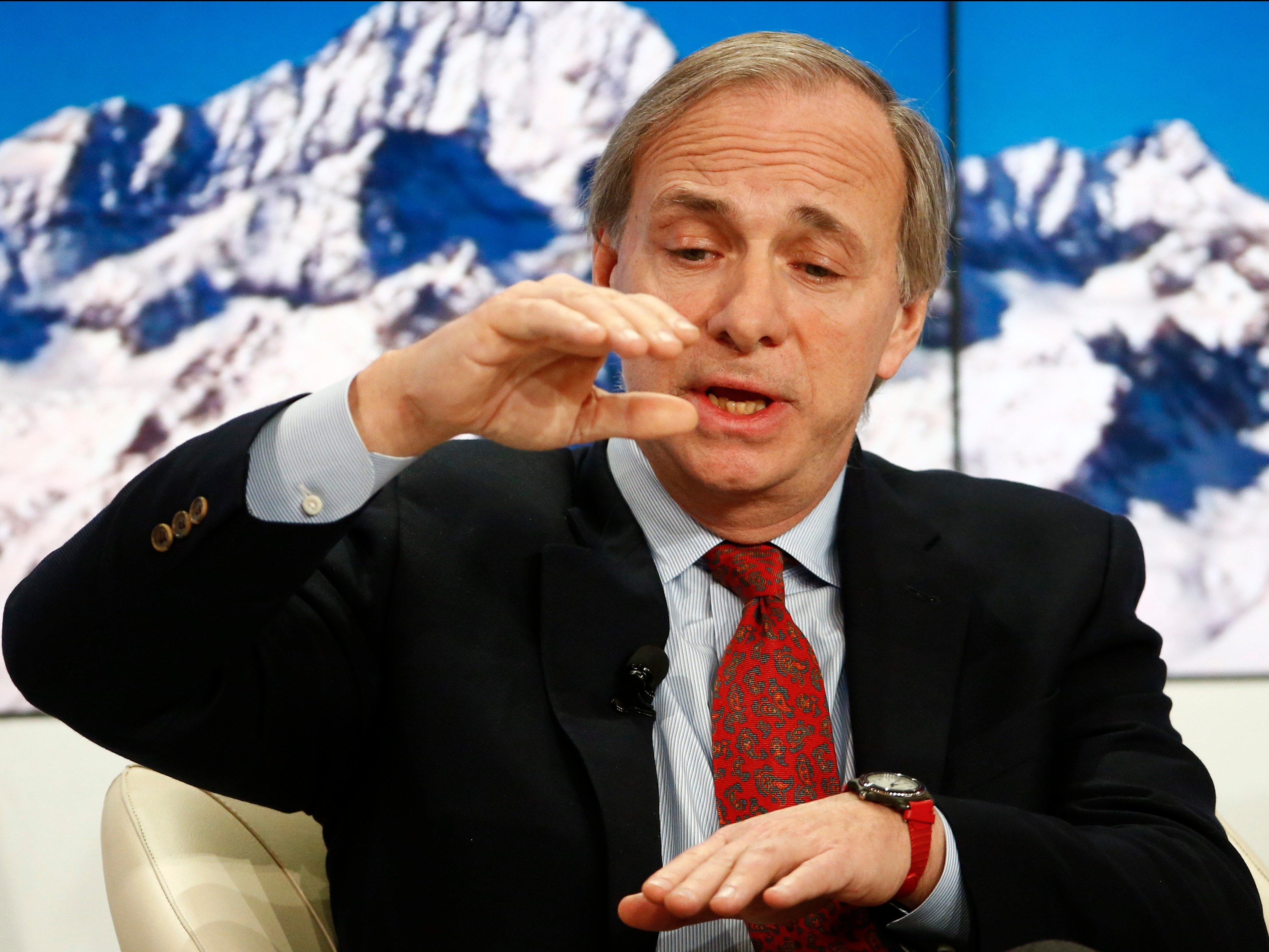Since the UK voted to leave the European Union and Donald Trump was elected US president, markets have been trying to gauge what the potential risk of growing populist movements might mean for the world.
But before deciphering what these developments might lead to in the future, markets could benefit from understanding what populism actually is and how previous examples of populist movements have played out.
In an interview with Business Insider Global Editor-in-Chief Henry Blodget on the “The Bottom Line,” Business Insider’s new weekly business news show, Bridgewater Associates founder Ray Dalio discussed his study of the populist phenomenon throughout history and the similarities he found across different iterations. You can watch the full interview here.
“First of all, there’s a part of the population that the system isn’t working for. That is, ’the common man,'” he said, adding that it was a problem because of factors such as technology, the wealth gap, and people’s feelings that Washington was not working for them. “Around the world, that’s always been the case, the common-man feeling: Not only does the economics not work for them, the government isn’t working for them, and that their culture is being threatened.
"So populists tend to be nationalistic, protectionistic. And what they'll usually do is hire a strong leader who will then fight on their behalf, so that there is more of a confrontation within a country," he continued. "That strong leader will be much more confrontational with others within the country, and quite often that leads to conflict. That type of conflict sometimes becomes more severe than normal."
Notably, he added that populist leaders tended to not be the types who bring people together, as they are not dealing with the aggregate. Rather, he said, they tend to represent "one side in a battle against the other side."
Taking it a step forward, Dalio also touched on what he believed was something to watch going forward as populist movements sweep the globe:
"The important thing to watch is how those conflicts evolve. They are, as I said, they are nationalistic, they are protectionistic, they tend to be more militaristic - they're more confrontational type of people. And so there's more conflict internally, more conflict externally, and that is interesting to evolve.
"In history, it's been one of those situations that sometimes has led to democracies choosing to give up democracy in favor of dictatorships ... I'm not saying that about here - I just want to be clear. I'm not saying it about anywhere else. I'm not making any forecast of where it's going or any sort of parallels.
"I would say Donald Trump, by and large, has been a populist, but the only reason I'm looking at it is to see how he evolves, or how in Europe [Front National leader Marine] Le Pen or the Five Star party in Italy or other places - how they evolve."
In sum, Dalio explicitly says he is not making any calls on how today's populist movements might turn out (either in the US or in Europe), but rather he details a way of thinking - a model, essentially - of how to think about the movements by looking to historical examples.

